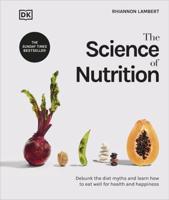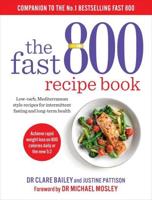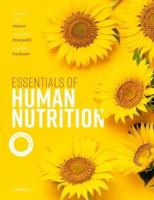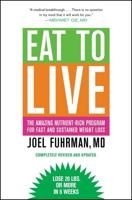Publisher's Synopsis
Nourishing Tomorrow: Advancing the Science of Food Security is an essential compendium of scholarly articles addressing the multifaceted challenges and innovative solutions in global food security. This book tackles the pressing need to feed a growing global population, projected to surpass 9 billion by 2050, amidst diminishing natural resources and the impacts of climate change. Contributions span diverse geographical contexts, from Tanzania to China to Ontario, offering a rich pool of data and insights into agricultural productivity, food safety, nutrition, and consumer behavior. Key studies explore the intensification of poultry farming in Tanzania, the efficacy of school-based nutrition education in China, and the role of public health inspectors in food safety oversight. The book presents complex network models to understand scare behavior around health food safety and models regulatory dynamics within the health food market. By adopting a One Health perspective, this collection underscores the critical need for collaborative, transdisciplinary approaches to ensure sustainable and equitable food security worldwide. It is an invaluable resource for researchers, policymakers, and practitioners committed to advancing food safety and nutrition science, fostering informed consumer behavior, and developing resilient food systems in the face of global challenges.
Quality Research Publishing is dedicated to making knowledge more accessible to the general public by curating a topical compilation of the latest research on various subjects and providing plain language summaries.
Each of the articles in this book is available individually and digitally without cost. However, we believe it is important for the contextualizing and sharing of educational and scientific work to curate this research in a way that is understandable and helpful to the average person seeking deeper knowledge of a particular subject.
The research articles compiled for this book were published under a permissive Creative Commons license, are in the public domain, or have no copyright restrictions, permitting their use in this book. If you have questions about the licensing of any article, please visit qualityresearchpublishing.com.










